The Feeling of Who You Are
There is a space inside each of us that is who we are. It's actually who we are all the time. It is a space of warm love, compassion, generosity, and peace. From this place we are all infinitely creative, effective, clear-minded, and calm. No exceptions. We are all fundamentally ok. We don't have to get anywhere or do anything. We are not broken. There is nothing to learn to be a better version of ourselves and we don't have to let go of anything.
This is the basis of why entrainments work so well. My light touches along the spine get your mind and your brain to self-observe in a way that allows you to shift from habitual thoughts or a habitual postural way of being into your fundamental nature. Your body unwinds itself.
This is also the basis of transformative coaching. We point people to their own inner peace and wisdom, to their health, to what is already working. People can then have an experience of who they really are without any filters of thought. We then explore the possibility of living from this space and having a life that inspires you.
I have found for myself the more time I consciously spend in the feeling of me, the more my body relaxes, then renews and repairs itself. Things from previous injuries that weren't supposed to be able to heal are healing. Huh. Cool stuff.
We are made to be powerful.
The upcoming Immersion Day 2023 is a retreat from our usual habits of self to explore who we are and what new possibilities for ourselves arise. To immerse in your peace within and what that space feels like uniquely for you. Do you want more energy? More rest? To completely trust in your self and your ability to follow your knowing. How to discern which nudgings to listen to and which ones are just a low mood speaking.
Join with us to experience this space within from a few different perspectives. It's April 15th, 2023, 9:30 am to 4:30 pm. There will be a delicious organic lunch. All in the countryside in New Hamburg.
Register with Nancy at frontdesk@gmail.com or 519-880-0003 by April 6.
We are opening the Immersion Day up this year to people who are not already practice members, so if you have a friend or family member interested let us know.
Love,
Dr. Sara

